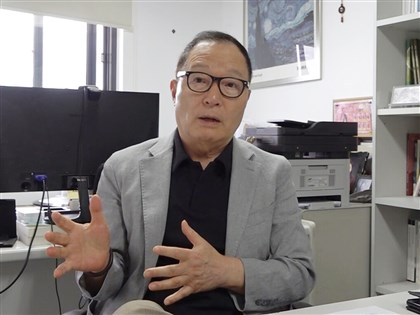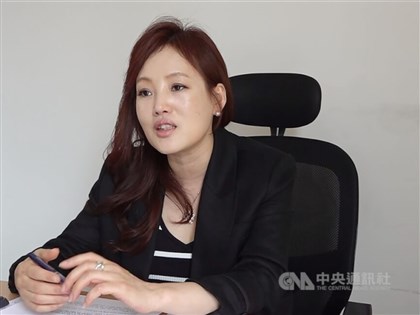SPECIAL / Elite defections a warning to Kim Jong Un: North Korean defector
06/28/2023 08:31 PM
Defections by members of North Korea's elite class, who generally have no trouble meeting their basic needs, are a warning to the Kim Jong Un regime and catching the South Korean government's attention, a North Korean defector told CNA recently.
(Full text of the story is now in CNA English news archive. To view the full story, you will need to be a subscribed member of the CNA archive. To subscribe, please read here.)
More in SPECIAL
-
!['Revival plan' a must to get North Korea to denuclearize: Expert]() 'Revival plan' a must to get North Korea to denuclearize: ExpertNorth Korea is essentially running a slave state to support its nuclear and ballistic weapons programs, but the only way the outside world can change that and get it to denuclearize is through a "revival plan," a South Korean expert on North Korea said.07/01/2023 05:29 PM
'Revival plan' a must to get North Korea to denuclearize: ExpertNorth Korea is essentially running a slave state to support its nuclear and ballistic weapons programs, but the only way the outside world can change that and get it to denuclearize is through a "revival plan," a South Korean expert on North Korea said.07/01/2023 05:29 PM -
![Defector calls for more sanctions on North Korea over human rights abuses]() Defector calls for more sanctions on North Korea over human rights abusesNorth Korean defector Kim Ji Young is calling on the international community to intervene as a matter of urgency to help tackle the dismal human rights situation in North Korea.06/30/2023 08:51 PM
Defector calls for more sanctions on North Korea over human rights abusesNorth Korean defector Kim Ji Young is calling on the international community to intervene as a matter of urgency to help tackle the dismal human rights situation in North Korea.06/30/2023 08:51 PM -
![Vintage photos and stories in Taiwan wanted]() Vintage photos and stories in Taiwan wantedFor foreign nationals who have visited Taiwan, there is a new and amazing opportunity to share with the world vintage photos that reflect unforgettable memories and tell heartwarming stories of their time in the country.01/08/2021 02:23 PM
Vintage photos and stories in Taiwan wantedFor foreign nationals who have visited Taiwan, there is a new and amazing opportunity to share with the world vintage photos that reflect unforgettable memories and tell heartwarming stories of their time in the country.01/08/2021 02:23 PM
Latest
-
Business
Taiwan shares open higher
02/10/2026 09:06 AM -
Society
Taiwan headline news
02/10/2026 08:32 AM -
Politics
Takaichi's victory could fast-track Taiwan-Japan EPA: Expert
02/09/2026 09:58 PM -
Society
TaiDoc union protests interference; company blames 'outsider' involvement
02/09/2026 09:50 PM -
Society
T'way Air tire incident led to Mayday calls by three flights: CAA
02/09/2026 09:11 PM


